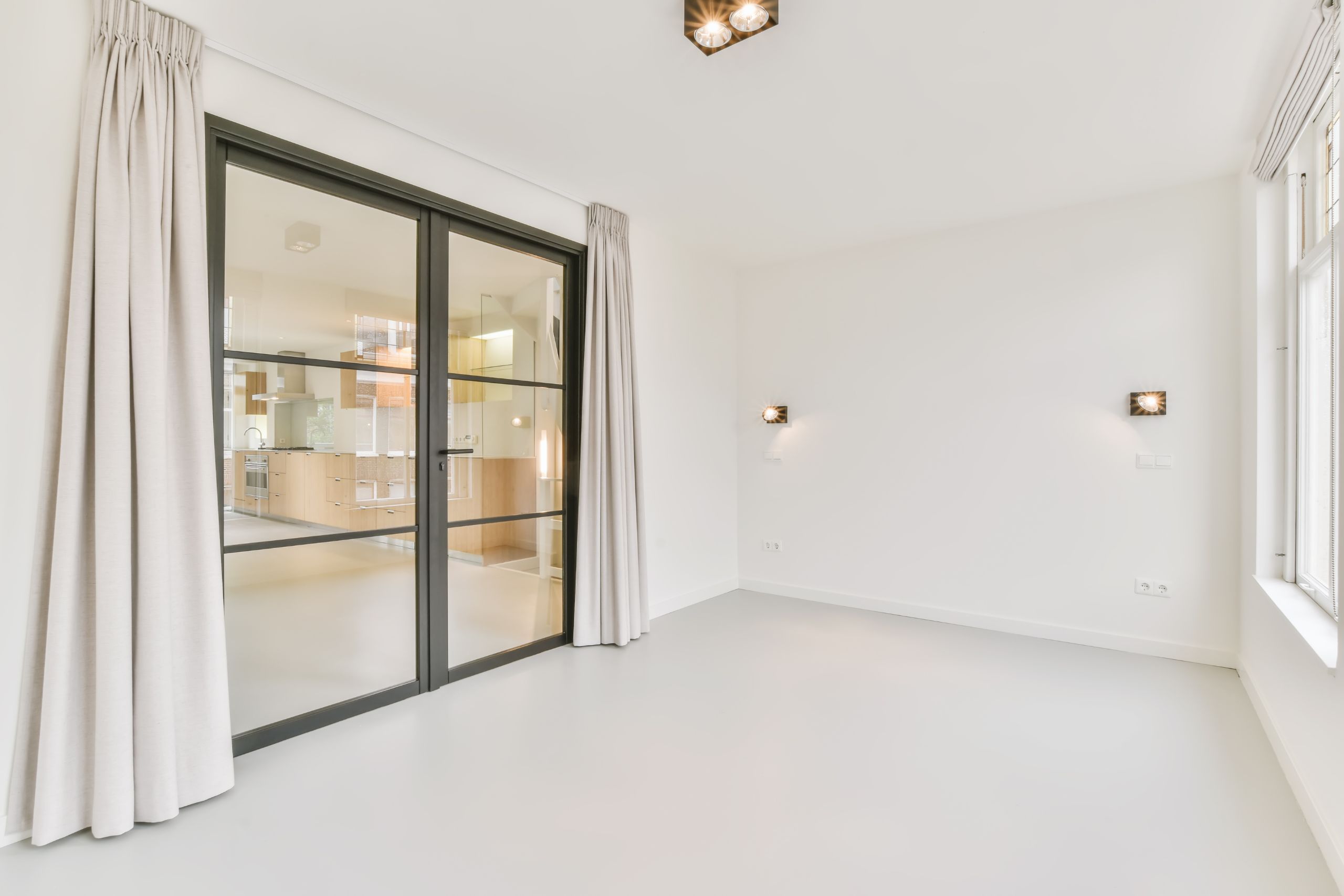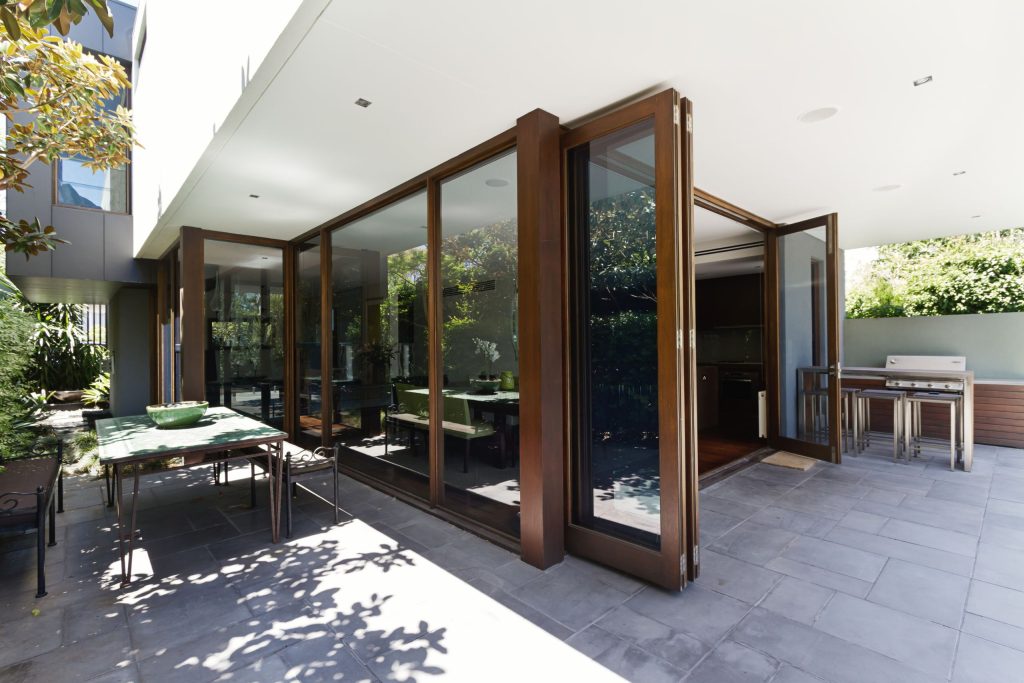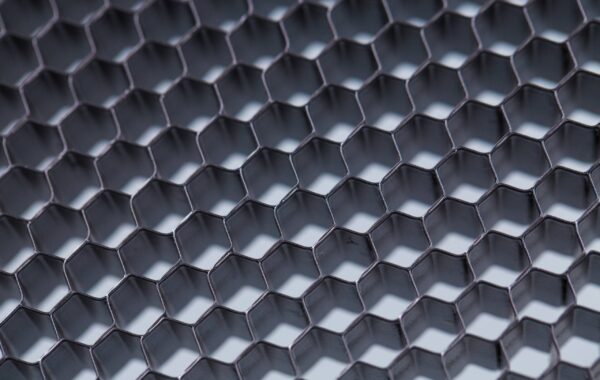
Why Custom Doors and Glass Are Essential for Architects and Interior Designers
Designing a space requires attention to every detail, as each aspect has an impact. The selection of doors and glass has the potential to enhance a room significantly, contributing to both its visual appeal and practicality. Custom doors and glass components are more than just a luxury for architects and interior designers; they are essential tools in their creative arsenal.
Custom Doors: Enhancing Aesthetics and Functionality
Doors play a crucial role in the design of a room, beyond simply serving as entryways. Custom doors provide the ability to fit certain design ideas, such as a sleek, modern look or a classic, traditional design. Unlike standard choices, customised doors may be modified to match every project’s own appearance.
Consider the variety of door types available. Sliding doors can save space and offer a seamless connection between rooms. Pivot doors add a contemporary touch and can serve as statement pieces. French doors bring elegance and allow natural light to flood into spaces. Each type of door offers distinct advantages, and choosing custom options ensures they fit perfectly into your design vision.
Below are a few extra suggestions to consider when choosing customized doors:
Material Selection: Consider selecting materials that align with your design style and fulfil practical needs, including durability and maintenance requirements. Potential choices encompass wood, metal, glass, aluminium, and composite materials.
Hardware Choices: Pay close attention to the door hardware, including handles, hinges, and locks. Custom hardware may improve the overall appearance and provide something unique to the overall look.
Acoustic Properties: Consider the acoustic properties of the doors. Custom doors can be designed to improve sound insulation, which is particularly important in office spaces or homes with multiple occupants.
Versatility and Elegance of Glass in Interior Design
Glass has a variety of uses for interior design. There are numerous ways to incorporate glass into interior home design. It can be used for many things, like fences and walls and as decorations. Custom glass features empower designers to create distinctive, inventive rooms that stand out.
Glass helps bring more sunlight into a room, making it brighter. This sunshine not only provides a sense of more spacious and relaxing atmospheres, but it also helps people feel happier and productive. Tailored glass options include spacious windows, glass doors, and fashionable glass partitions. They are specifically designed to allow ample light to enter, creating an open and airy atmosphere.
Below are some extra suggestions to keep in mind when integrating personalized glass into your projects:
Privacy Solutions: Maintain privacy while still allowing natural light by using frosted or tinted glass. This is perfect for bathrooms, offices, and other areas where maintaining privacy is crucial.
Safety Glass: Consider utilising laminated or tempered glass in place of ordinary glass for more protection. This is really important for busy places and houses with kids.
Maintenance and Cleaning: Choose glass with easy-to-clean coatings, particularly in smudge and fingerprint-prone areas such as kitchens and bathrooms.

Tailoring Design Solutions to Client Needs
Each customer has distinctive preferences and needs. Architects and interior designers can use custom doors and glass to fulfil particular requirements, providing unique solutions that cannot be offered by standard options. Overcoming architectural obstacles or integrating individual preferences, customization guarantees that the end product is both practical and aesthetically pleasing.
The process of creating custom elements is highly collaborative. Designers collaborate closely with manufacturers to make sure that the materials, designs, and finishes 100% correspond with the project’s objectives. This partnership results in customised rooms that accurately represent the client’s ideas and lifestyle.
Here are some more ideas to think about when creating designs for clients:
Detailed Client Consultations: Conduct in-depth consultations with clients to comprehensively grasp their preferences, needs, and lifestyle. This helps in creating designs that are truly personalized.
Consider Future Needs: Think about the long-term usability of the design. Incorporate elements that can adapt to changing needs or future modifications.
Sustainable Development and Energy Savings
Custom doors and glass can have a substantial impact on advocating for eco-friendly practices. Integrating energy-efficient designs and materials in structures can reduce the environmental impact, resulting in decreased energy expenses and enhanced sustainability credentials.
Choosing materials that are better for the environment and using energy-saving features can make a project more appealing to clients who concern about the world environment. These options can help to achieve building certifications and standards, which adds value to the entire design.
Here are some more suggestions to consider while emphasising on sustainability and energy efficiency:
Recycled Materials: Consider choosing doors and glass that are manufactured from recycled or upcycled materials in order to minimize environmental harm.
Insulating Properties: Select doors and windows with excellent insulation to enhance energy efficiency and lower heating and cooling expenses.
Conclusion
Custom doors and glass play a crucial role in improving both the visual appeal and usability of interior spaces. With their versatility, designers may craft customised solutions that satisfy particular requirements, advance sustainability, and leave a lasting impact.


